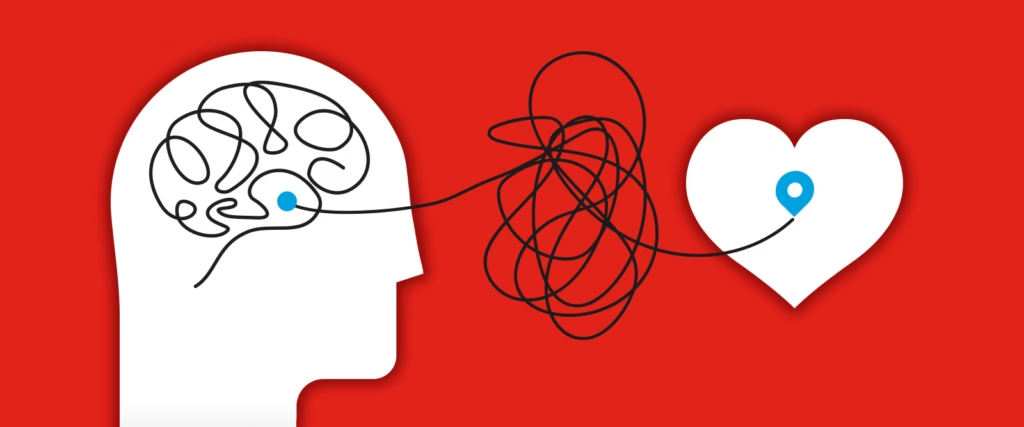How Is Your Heart Affected When You’re in Love vs When You’re Not?

Valentine’s Day may have come and gone, but did you know that the love we experience from those close to us can have a lasting positive impact on our heart health? According to a cardiologist from New York-Presbyterian and Weill Cornell Medicine, supportive and happy relationships can be more than just emotionally fulfilling—they might be great for your heart too.
The ‘Love’ Hormone: Oxytocin
Dr. Joy Gelbman, a cardiologist, explains that there’s evidence to suggest being in loving, supportive relationships can be beneficial for your cardiovascular health. This is because such relationships can boost the levels of oxytocin in your body while reducing stress hormones like cortisol. This combination, Dr. Gelbman notes, can improve blood pressure and heart health.

Credits: Getty Stock Images
But what exactly is oxytocin? Known as the “love hormone,” oxytocin is a neurotransmitter that plays a significant role in emotional bonding. It’s released when we experience positive moments like hugging, kissing, and even sex. But that’s not all—it can also help with reproduction, from labor to encouraging the movement of sperm in men.
When oxytocin is released, it causes an emotional surge that makes us feel happier, more connected, and less stressed. As Healthline explains, oxytocin has a direct effect on reducing blood pressure and reducing the stress hormone norepinephrine.

How Loving Relationships Impact the Heart
Several studies have been conducted to understand how oxytocin affects heart health. For example, a 2005 study published in Biological Psychology found that increased partner hugs and higher levels of oxytocin were linked to lower blood pressure and heart rate in premenopausal women.
And that’s not all—oxytocin could have even more profound effects. A 2022 study by researchers from Michigan State University showed that oxytocin might help regenerate heart muscle cells. This has led researchers to believe that oxytocin could potentially help individuals recover after a heart attack by restoring lost heart muscle cells.
The Link Between Relationship Status and Heart Health
The relationship between love and heart health isn’t just about oxytocin. Studies have also shown that married people tend to have lower rates of cardiovascular disease. A 2017 study revealed that unmarried individuals had a 45% higher risk of dying from cardiovascular illnesses compared to their married counterparts.
However, Dr. Gelbman points out that while marriage might be linked to a lower risk of heart disease, the benefits may be more pronounced in men. Interestingly, the quality of the relationship matters too. A study from the UK found that men in marriages that improved over time had significant reductions in cardiac risk factors, such as cholesterol and BMI, compared to those in consistently unhappy marriages.

It’s Not Just Romantic Love
So, what if you’re not currently in a romantic relationship? Don’t worry! Dr. Gelbman emphasizes that the benefits of strong social connections extend beyond romantic relationships. Having a solid social network of friends and family can also have a positive effect on heart health.
Moreover, pets play a significant role in improving heart health too. Pets can help people stay active and socially engaged, both of which contribute positively to heart health. So, if you’re not in a romantic relationship, your friendships, family bonds, and even your furry companions can make a real difference in keeping your heart healthy.

Conclusion: Love Your Heart with Love
While we may think of heart health in terms of exercise, diet, and regular checkups, the emotional connections we have with others play a significant role too. Whether it’s a romantic partner, a close friend, a family member, or even your pet, the love and support we receive can help keep our hearts healthier for longer.
So, whether you’re in a committed relationship or just surrounded by supportive people in your life, don’t underestimate the impact love can have on your cardiovascular health. It’s a reminder that love isn’t just good for the soul—it might be good for the heart too!






